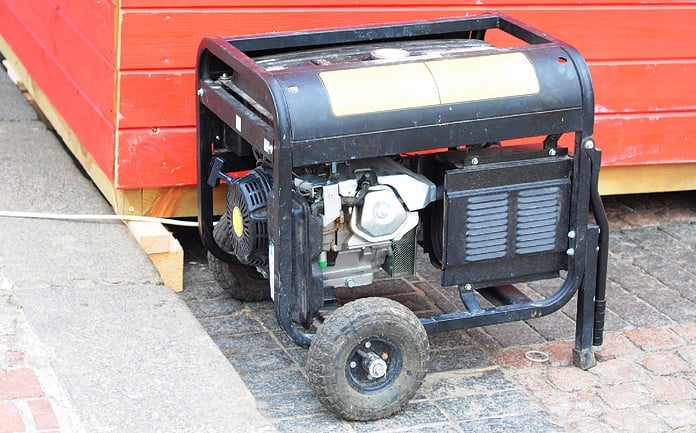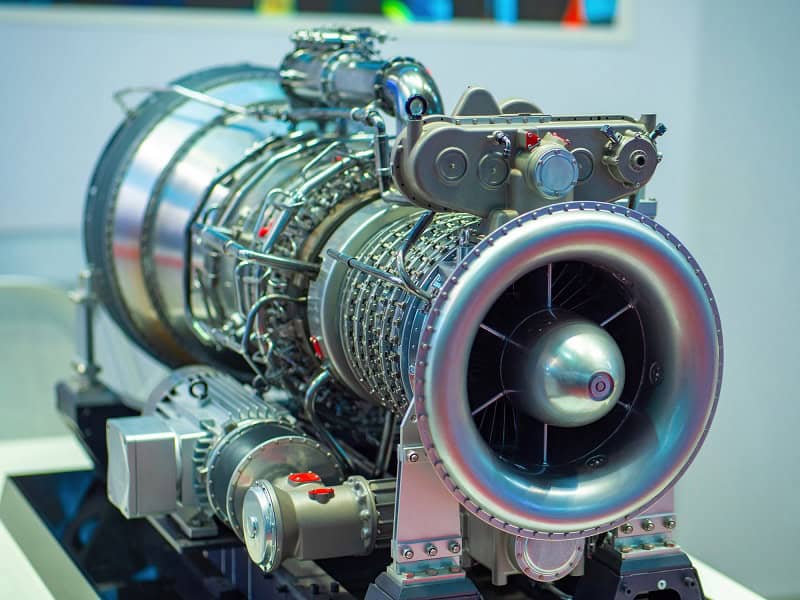In an era where reliable power sources are more crucial than ever, understanding the nuances of high-quality generators becomes essential for homeowners and businesses. Selecting the right generator involves comprehensively evaluating various features, technologies, and performance metrics.
This article delves into the critical aspects to consider when choosing a generator, ensuring that your investment meets your power needs efficiently and effectively.
Understanding The Different Generator Types
When selecting a generator, it’s crucial to understand the variety available, each defined by its fuel source and unique benefits. Some common types include:
1. Gasoline Generators
Common and easily accessible, gasoline generators are suitable for small-scale use like camping or emergency home power. They’re affordable but require more maintenance and have higher running costs.
2. Diesel Generators
Ideal for heavy-duty applications, diesel generators are fuel-efficient, durable, and robust. They’re perfect for continuous use in industrial settings but are larger, louder, and more expensive.
3. Propane Generators
Known for clean burning and low emissions, propane generators offer long fuel shelf life and quiet operation. They’re environmentally friendly but costlier and less available in some areas.
4. Natural Gas Generators
Best for stationary use, like home standby power, these generators connect to existing gas lines, offering a continuous fuel supply and low emissions. However, they’re not portable and require complex installation.
Each type of generator caters to specific needs, from small-scale recreational use to heavy-duty industrial applications and environmental considerations. Understanding these variations is key to choosing the right generator for your requirements.
The Advantages Of Dual-Fuel Technology In Generators
One significant advancement in generator technology is the introduction of dual-fuel capabilities. Dual-fuel technology in generators allows users to operate their generators on more than one type of fuel, typically gasoline and propane.
This flexibility conveniently enhances fuel efficiency and extends the equipment’s lifespan. For a deeper understanding of bi-fuel generators, their benefits, and differences, exploring some reliable resource websites is recommended.
Key Features Of High-Quality Generators
When choosing a generator, it’s essential to consider various key features that determine its quality and suitability for your specific needs. These features can include:
1. Power Output
Power output, measured in watts, is the most critical aspect of a generator. The required wattage varies depending on the intended use. For home backup during power outages, a higher wattage is necessary to run multiple appliances like refrigerators, heaters, and lights simultaneously.
In contrast, recreational uses such as camping or tailgating require less power and are suitable for running small devices or a few lights. Understanding your power needs is vital to choosing a generator with the right output capacity, ensuring it can handle the load without being overburdened.
2. Fuel Efficiency
Fuel efficiency is a significant factor, especially for prolonged use or in situations where fuel availability might be limited. A fuel-efficient generator can save on operational costs and have less environmental impact.
It maximizes the energy extracted from each fuel unit, which translates to longer run times and reduced fuel consumption. This efficiency is particularly crucial during emergencies or when fuel supply chains are disrupted.
3. Noise Level
Noise level is a major consideration, especially in residential areas or recreational use where quiet operation is preferred. Many modern generators feature sound-dampening technologies.
This makes them much quieter than older models. This feature is essential for maintaining neighborhood peace and ensuring comfort during outdoor activities.
4. Portability
For outdoor activities, job sites, or situations where the generator needs to be moved frequently, portability is key. Features such as compact dimensions, built-in wheels, and a lightweight design can enhance a generator’s mobility. Portable generators are ideal for outdoor events, construction sites and as backup power for small businesses and homes.
5. Durability and Build Quality
Durability is a hallmark of a high-quality generator. It should be robust and capable of withstanding various environmental conditions, including extreme temperatures, moisture, and dust. This durability ensures the generator remains reliable over the years, making it a wise long-term investment.
6. Maintenance Requirements
Regular maintenance is essential for a generator’s longevity and optimal performance. Maintenance tasks include:
- Checking oil levels
- Cleaning or replacing air filters
- Ensuring the battery is adequately charged
The frequency and type of maintenance vary depending on the generator’s design and usage patterns.
7. Safety Features
Safety is paramount when operating generators. Proper installation, ensuring adequate ventilation to prevent carbon monoxide buildup, and adhering to manufacturer guidelines are critical. Features like automatic shutdown in case of low oil levels and transfer switches for safe connection to a home’s electrical system can enhance safety.
8. Environmental Considerations
The environmental impact of generators is increasingly a concern. Factors such as the type of fuel used, emissions, and the level of noise pollution play a role in a generator’s ecological footprint. Eco-friendly generators with lower emissions are becoming more prevalent, offering a sustainable option without sacrificing performance.
9. Size And Capacity
The size and capacity should match your specific power needs. Oversizing leads to unnecessary expenses, while undersizing results in an inadequate power supply. It’s important to assess your power requirements accurately to select a generator that fits your needs without being excessive.
The Bottom Line
Selecting a high-quality generator involves a thorough assessment of various factors. By understanding these features, you can choose a generator that meets your power needs and aligns with your values and requirements.
As technology advances, many options offer additional flexibility and efficiency, making them worthy of consideration for anyone in the market for a reliable power source. Remember, the right generator isn’t just about the immediate power needs; it’s an investment in peace of mind, ensuring preparedness for any situation.








